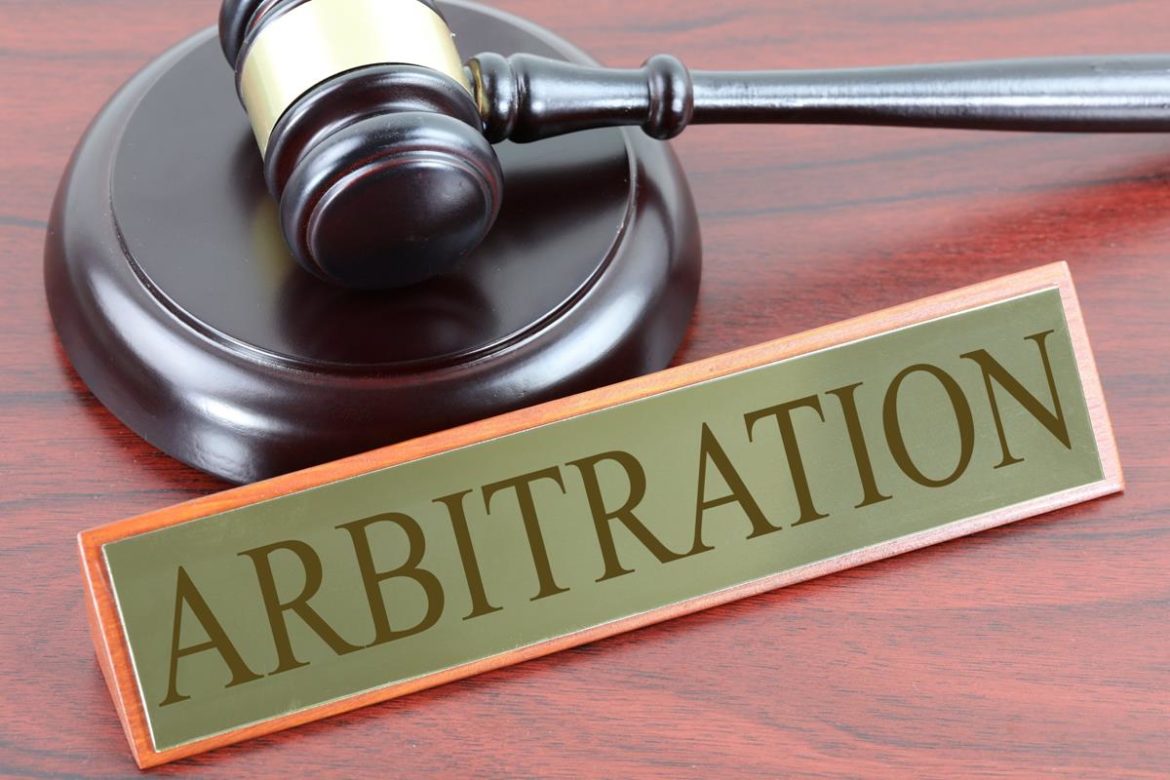 Read more here
Read more here

Arbitration and Dispute Resolution
DATE
01 - 01 Jan, 1970
LOCATION
To Be Determined;
Why Attend?
Effective dispute resolution helps minimize the costs and adverse effects to relationships that often arise from commercial disputes. If informal negotiation fails to resolve a dispute, mediation or arbitration can often be the next best option in order to avoid litigation in court. This course will give participants an insight into dispute resolution from the perspective of a lawyer. Participants will gain an in-depth understanding of the main differences between the various dispute resolution techniques with a particular focus on arbitration, in order to reduce the likelihood of disputes leading to court cases.
 Course Objectives
Course Objectives
-
By the end of the course, participants will be able to:
- Identify the right course of action to resolve a legal dispute
- Reduce the possibility of disputes leading to legal action
- Apply national and international legal requirements for dispute resolution
- Employ arbitration knowledge to negotiate terms
- Use case law to achieve a favorable outcome for their organization
 Target Audience
Target Audience
This course is suitable for professionals within all industries who are involved in contract management and resolving disputes including, but not limited to, project managers, contract managers, procurement managers, supply chain managers, contractors, architects, developers and engineers. This course would also highly benefit in-house council and legal advisors new to the region who require the fundamentals of dispute resolution in the GCC.
- Fundamentals of dispute resolution
- Overview of the dispute resolution process
- Adjudicative process
- Consensual process
- Overview of the dispute resolution process
- Introduction to the English High Court litigation processes
- Why do international businesses take their dispute to the English High Court?
- English civil courts
- Legal practitioners who are involved in resolving disputes
- Importance of jurisdiction clause
- How do you decide?
- Exclusive or non- exclusive?
- Why do international businesses take their dispute to the English High Court?
- Differences between the Civil law system and the Common law system
- Principles of the common law system
- Principles of the civil law system
- The importance of these systems in dispute resolution
- Principles of the common law system
- Importance of Alternative Dispute Resolution ( ADR)
- Types of ADR
- Arbitration
- Mediations
- Conciliation
- Negotiation
- Types of ADR
- Arbitration – the best form of ADR
- The object of Arbitration
- The role of an Arbitrator
- Advantages and disadvantages of Arbitration
- Requirement of an Arbitration agreement
- The importance of the New York convention
- The role of UNCITRAL in dispute resolution
- Preparing for an arbitration hearing
- Types of Arbitration
- Institutional arbitration v Ad hoc arbitration
- Advantages and disadvantages of Institutional arbitration
- Advantages and disadvantages of Ad hoc arbitration
- Drafting international Arbitration agreement
- Checklist for drafting an Arbitration agreement
- Practical consideration with “Seat” of Arbitration
- Model Arbitration clauses
- ICC
- LCIA
- Arbitral awards
- Enforcement of an Arbitral awards
- Grounds for challenging Arbitral awards
- Recent international case law
- Arbitration terms and terminology
- Other ADR methods:
- Advantages and disadvantages of each method:
- Mediation
- Conciliation
- Negotiation
- Advantages and disadvantages of each method:
- Ambiguity in an Arbitration clause
- What to avoid
- Importance of the language used in an Arbitration clause
- Dubai International Arbitration Centre (DIAC)
- Examining the rules of DIAC


Join Our Community